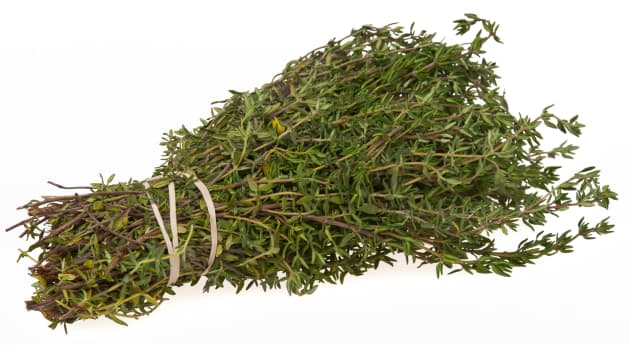US scientists have come up with a biodegradable nanocomposite film using sweet potato starch and thyme essential oil.
Sweet potato starch could provide a viable alternative to plastic packaging materials in waste disposal.
Wheat starch, wheat gluten, soy and whey proteins have already been used to develop biodegradable packaging systems, but there are potential allergenic issues if these compounds migrate onto edible products.
There are no such issues with sweet potato starch, according to the scientists working at North Carolina A&T State University.
As a first step in the research, montmorillonite (MMT) layered nanoclay and thyme essential oil were incorporated into sweet potato starch film to improve its physical and mechanical properties.
The MMT weight percent relative to the sweet potato starch was constant at three per cent and was activated by three levels of thyme essential oil: 0.5%, 1% and 1.5%.
The researchers investigated the impact of the MMT nanoclay and the oil on the physical, mechanical and barrier properties of the starch films.
They found that incorporating MMT into sweet potato starch film greatly improved the firmness, water gain and water vapor permeability of the films.
The combined effect of MMT and thyme essential oil improved the tensile strength, elongation and tri-stimulus colour values of the film.
The research is part of a bigger project to develop nano-composite films, investigating their mechanical characteristics and evaluating their antibacterial and biodegradability properties.
The work was a funded project by USDA.
This story was sourced from the Active & Intelligent Packaging Association. To learn more: www.aipia.info






